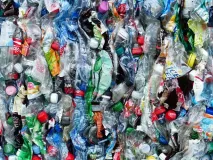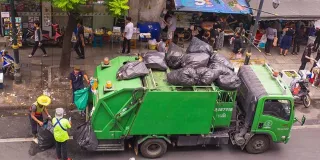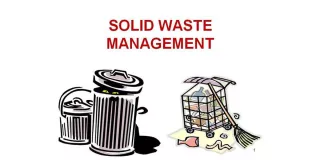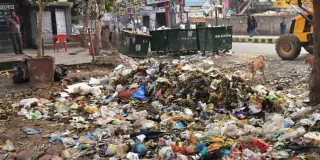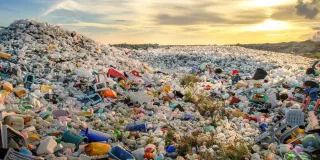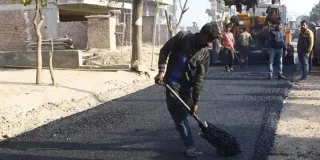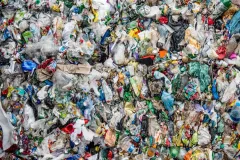Examine how technologies are enabling cities to manage municipal solid waste (MSW) in an efficient and sustainable manner. As in other city responsibility areas, information and communications technologies (ICT) drive many of these new solutions, particularly in the area of garbage collection. Scaled-up applications in the realm of biological and industrial engineering are also involved in the struggle to get smarter about waste management.
A smart city uses information and communications technology (ICT) to enhance its livability, workability, and sustainability. In simplest terms, there are three parts to that job: collecting, communicating, and “crunching.” First, a smart city collects information about itself through sensors, other devices, and existing systems. Next, it communicates that data using wired or wireless networks. Third, it “crunches” (analyzes) that data to understand what’s happening now and what’s likely to happen next.
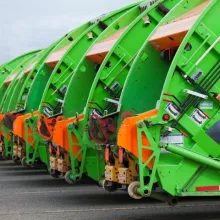
Surging population growth in cities is not only challenging city leaders to find better ways to deliver transportation, energy, public safety and other municipal services, it’s also forcing them to deal with more garbage. The good news is that smart solutions are emerging in the solid waste management arena. Technologies are coming to market that can help cities collect and process waste more efficiently and recover valuable materials from the waste stream.
Effective and efficient management of solid waste delivers several goals to cities:
- Protecting public health.
- Protecting the environment.
- Controlling costs.
- Promoting sustainability.
Smart solutions are already working their way into the waste management arena. Navigant Research reports that smart waste management technologies now touch 43% of the global solid waste stream. And more convergence is on the way. The research firm estimates that 644 million tons of waste were managed by smart waste technologies in 2014 - a volume expected to increase to 938.4 million tons by 2023.
Smart waste solutions generally fall in these four phases of waste management:
- Smart waste collection
- Smart material recovery
- Smart energy recovery
- Smart waste disposal
Collecting municipal solid waste is an expensive and sometimes polluting proposition. It requires an army of drivers who operate fleets of trucks that typically get poor gas mileage and spew emissions.
Smart waste collection solutions offer relief in several ways. They can eliminate unnecessary pick-ups on collection routes, along with the associated operating and maintenance costs for collection vehicles. They can also monitor participation rates for waste reduction programs such as recycling, trash container sensors, RFID tags on trash and recycling bins, GPS truck tracking and GIS-based route planning.
After collecting refuse and recyclables, the recovery of valuable waste stream material can begin. To look at some of the smart processing solutions that extract waste stream assets such as advanced material recovery facilities and mechanical biological treatment, take a look at our Readiness Guide.
Municipal solid waste contains plastics, organics, and other carbon-rich materials, so waste managers more and more are viewing their garbage as a potential source of renewable energy. Methods of converting waste to energy – or WTE in waste industry parlance – is another focus of our Readiness Guide.
You’ll also find information about Smart Waste Disposal, the Dependencies for solid waste management, and benefits for realizing solid waste targets which enhance a city’s livability, workability, and sustainability in a variety of ways.
Livability
- Lowering costs for citizens.
- Protecting public health
- Increasing civic pride and property values.
Workability
- Establishing an appealing business environment.
- Creating new jobs.
Sustainability
- Recovering and reusing waste material.
- Reducing greenhouse gas emissions from landfills.
- Creating more fuel-efficient waste collection systems.
- Enabling alternative energy deployments.
To help align on what this means, and so much more, we have developed the Readiness Guide, along with a number of programs and events designed to help you work towards improving sustainability, livability, and workability in your city.
